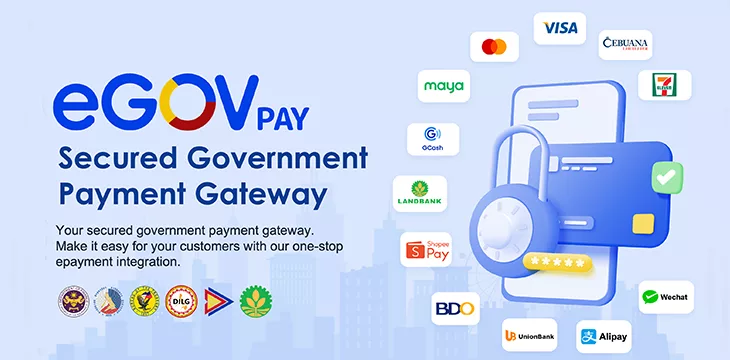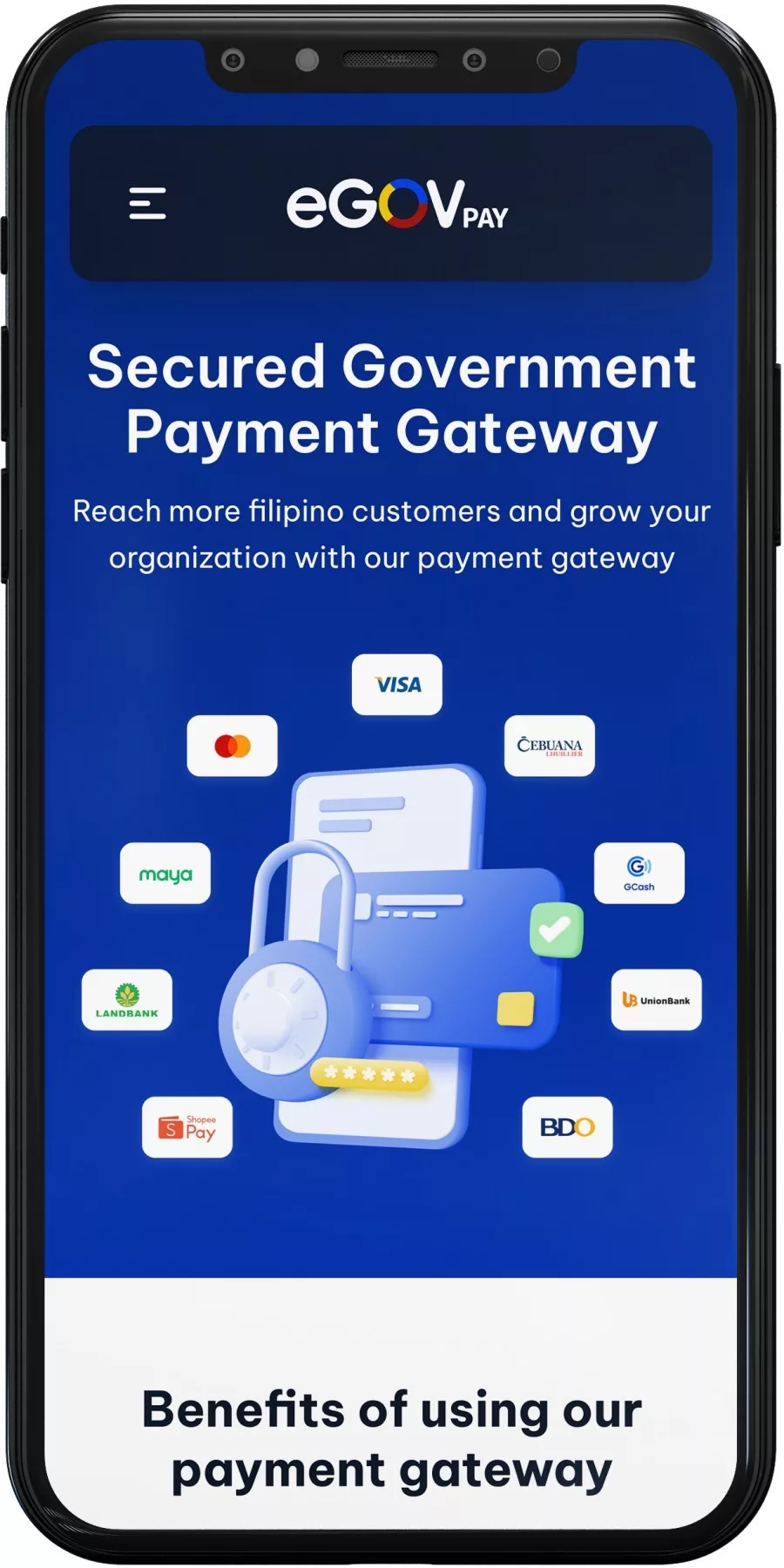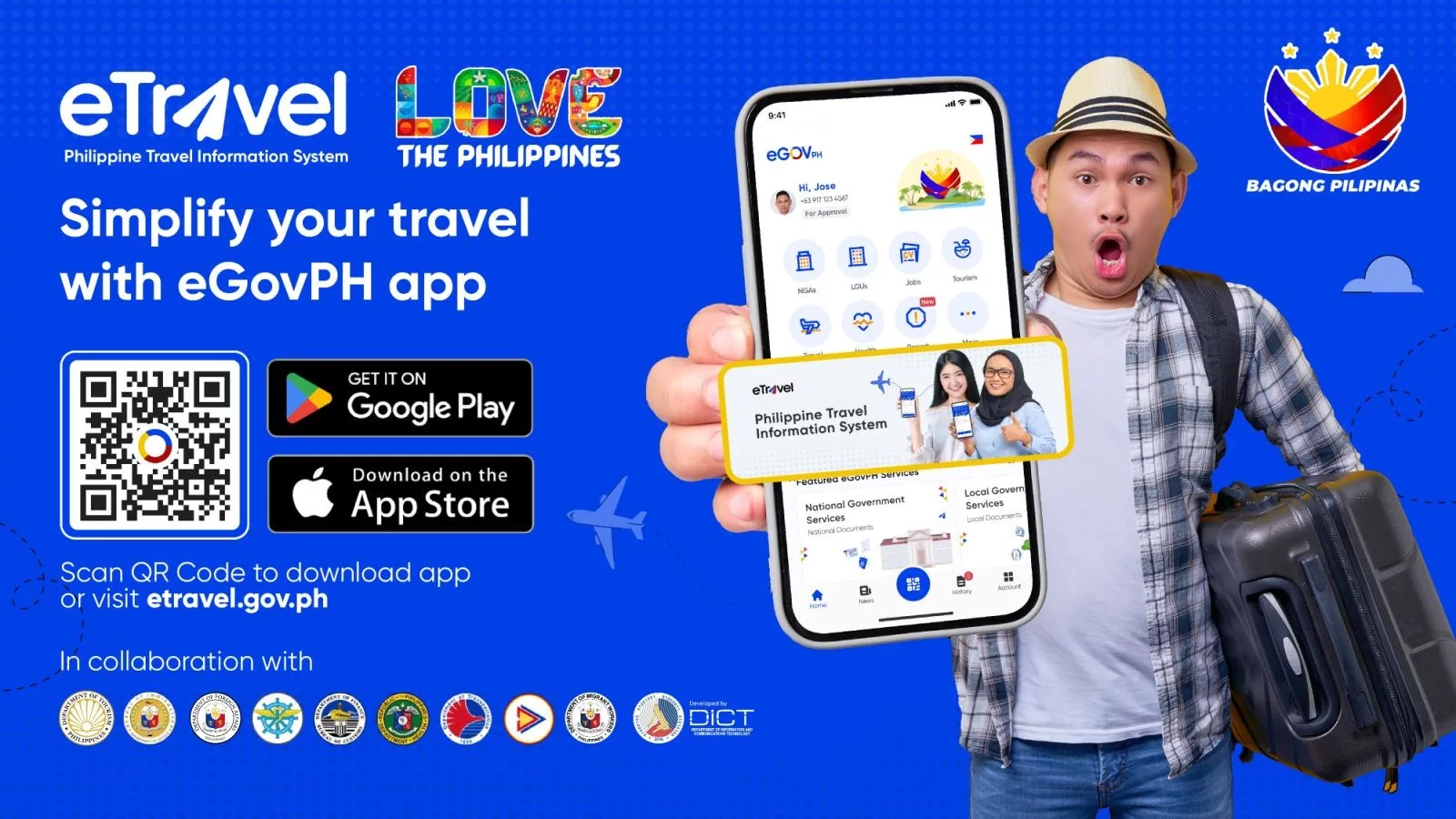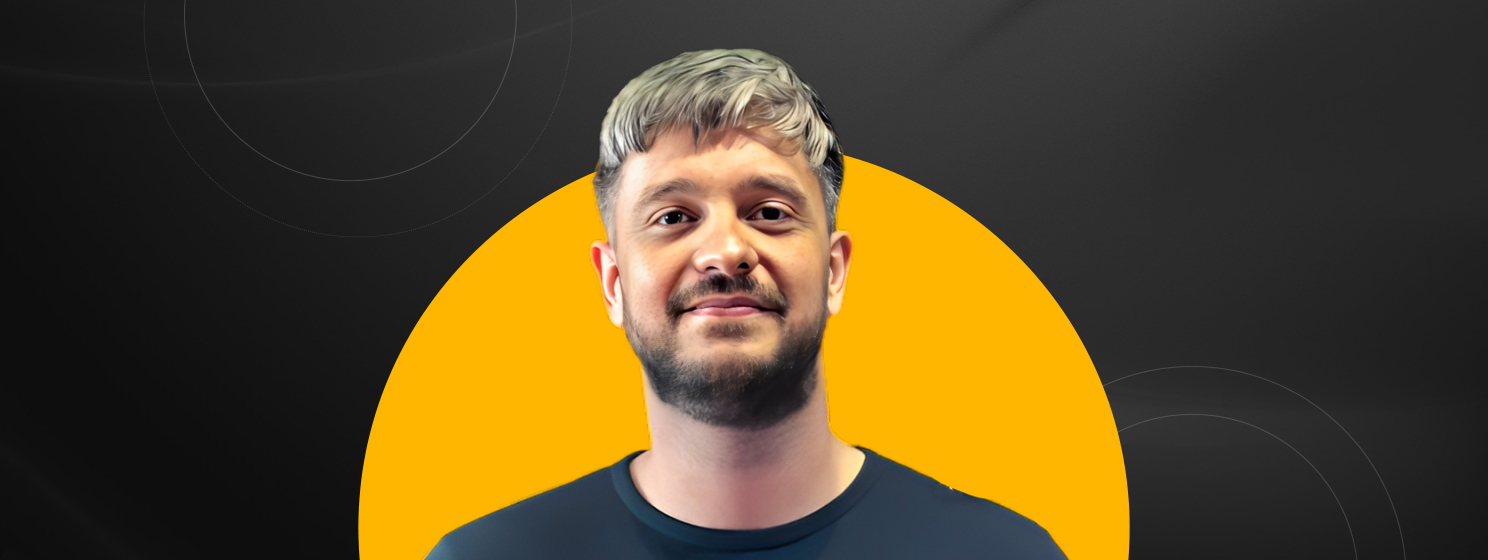
|
Getting your Trinity Audio player ready... |
The Philippine government’s eGov app emerges as a revolutionary tool, pioneering digital transformation in public services. Designed as a one-stop-shop platform, it integrates all government services into a single application, simplifying processes for citizens. With over 900,000 downloads, its impact is transformative.
In an exclusive interview with CoinGeek, TR “Mon” S. Gutierrez, Chief of Staff for the Office of the Undersecretary for eGovernment at the Department of Information and Communications Technology (DICT), emphasizes the app’s significance, stating, “The biggest challenge for us in government is how to accomplish this digital transformation journey… It’s not enough that agencies have individual automated processes. They operate in silos.”
The app resolves this issue with interoperability, streamlining interactions between citizens and government agencies. Gutierrez notes, “Once you are able to download the app, you can now access all government agencies with only one single entry. And that’s what we refer to as a single sign-on.”
Furthermore, the app’s impact extends beyond streamlining bureaucratic processes. It empowers ordinary citizens by bringing essential services to their fingertips. Through the eLocal Government Unit (eLGU) feature, embedded within the eGov platform, individuals can now order and secure vital documents such as birth or marriage certificates, business permits, and licenses from the comfort of their homes. This functionality significantly reduces the time and effort required for administrative tasks, promoting greater accessibility to government services.
Highlighting the app’s reach, Gutierrez reveals that it has connected over 600 local government units (LGUs) nationwide, with an average of 1,700 expected to be integrated eventually.
Indeed, the eGov app facilitates efficiency, cost-effectiveness, and convenience. It eliminates redundant processes, making transactions quicker and more accurate. Gutierrez further illustrates its impact, citing the example of eTravel, which integrates six government agencies, transforming travel procedures into a seamless experience.
“We took away all the manual transactions… It’s virtually paperless…No more departure card, arrival card, customs. Basically, all you need is your passport…scan your passport in the immigration terminal before you are allowed to exit from the airport, and that’s it,” he said.
Moreover, the DICT is gearing up to introduce a new feature to its eGov app: the eGov Pay, aiming to streamline transactions and enhance user convenience. With eGovPay, individuals can secure documents from various government agencies and pay directly through the app. Gutierrez highlights the significance of integrating a payment system, stating, “Automating government would not be complete without installing a payment system.”

As Gutierrez reveals, this initiative is not undertaken solely by the DICT. eGovPay is being spearheaded by the Department of Finance (DOF) and Bureau of the Treasury (BTR) with supervision from the Bangko Sentral ng Pilipinas (BSP). He elaborates on the collaborative efforts, stating, “We have been working with them for the last 5-6 months for alignment and also because it’s them who will formulate and issue the policies governing eGovPay. We are just following our mandate to provide the technology platform to support both agencies.”
The initiative involves collaborating with financial institutions and payment service providers to facilitate secure and efficient transactions. Gutierrez anticipates significant participation from various stakeholders, with the rollout expected in the next few months.
“We’re delighted to announce that we have a lot of private partners…private banks who are already into this and are very much willing to help us as well. And, of course, the leading payment providers, they’ve already signified their intentions,” he said.
He expressed optimism about unveiling eGov Pay during President Ferdinand Bongbong Marcos’ upcoming State of the Nation Address (SONA), saying, “We’re hoping we are able to…bring this to reality once the president has his next SONA or State of the Nation Address. So it would be more enticing for him to announce to the public that it’s ready.”
As the app continues to evolve, its role in enhancing the ease of doing business and citizen engagement becomes increasingly crucial. With full administrative support, it signals a new era of streamlined governance, embodying President Marcos’ vision of digital transformation today, not tomorrow, as Gutierrez pointed out: “As the president said, digital transformation is required, not tomorrow. It’s got to be today.”
Philippines-Estonia partnership
The Philippine government is making significant strides towards digitalization, aiming to transform the nation into a digital society. Emphasizing the importance of embedding digital transformation in the community’s culture, Gutierrez states, “Our ultimate goal is really to transform the country into a digital society.” This transformation is not merely about hardware and software but about adopting a citizen-centric approach.
The government’s partnership with Estonia, a global benchmark in digital transformation, is proving fruitful. Estonia’s impressive ranking in digital transformation has served as an inspiration for the Philippines.
“We are following their model,” said Gutierrez.
DICT Secretary Ivan John Uy and DICT Undersecretary for E-Government David Almirol‘s visit to Estonia showcased the Philippines’ progress. As Gutierrez asserts, Estonia was impressed by the Philippines’ eGov app, developed entirely by Filipino talent, marking a significant achievement in the country’s digital journey.
This partnership highlights the Philippines’ commitment to accelerating digitalization and improving its global digital transformation index ranking.
“If we are able to do this, that digital transformation index would improve a lot…maybe before the President steps down or by the time the President steps down, we should be within the top 40 or 30 in the world in rank,” he said.
Digital ID on the eGov app
The Philippine National Digital ID project has emerged as another major undertaking by the DICT, in partnership with the Philippine Statistics Authority (PSA) and Philippine Identification System (Philsys). This initiative aims to provide Filipinos with a digital version of their national ID, accessible through the eGov App platform.
While the DICT provides the technology platform, the PSA remains primarily responsible for managing the national ID system. “Once registered with the PSA…any Filipino can now download their national ID in its digital version using the eGovApp platform,” he noted.
Safeguarding user data
In reference to protecting user data within the eGov app, ensuring both security and privacy, Gutierrez underscores the alignment with the National Privacy Commission’s (NPC) standards, saying that “in all the technologies that we are deploying, that (security and privacy) is a primary consideration.”
The app implements a consent-based approach to data usage, ensuring users are informed and empowered regarding their information.
Moreover, stringent cybersecurity measures are integrated into the app’s framework to mitigate potential threats. Gutierrez emphasized proactive efforts to stay ahead of risks.
“The more that you do a lot of these innovations, the more that you expose all these data, the more that there is going to be a lot of threats,” he said.
Ensuring transparency with AI and blockchain
The eGov app is not just a technological innovation but a tool for combating corruption and improving transparency within government transactions. Gutierrez said the app’s role is to enhance transparency through identity validation, inhibit fraudulent activities, and ensure the integrity of records. He also highlighted the app’s potential to revolutionize financial inclusion.
“It will be quick to validate if you are really existing or not. And so that (fraud and fake records) won’t happen anymore,” he added.

In response to emerging technologies, Gutierrez affirms the integration of AI and blockchain from the app’s inception. The eGov app utilizes AI-driven features for identity verification, enhancing security against fraud and identity theft. Gutierrez elaborates on the app’s AI capabilities, saying, “We use a lot of AI in determining the veracity of your existence via other data platforms.”
Regarding future advancements, Gutierrez hints at adopting blockchain technology within the app’s framework. He expressed enthusiasm for leveraging the latest technology, affirming the app’s commitment to innovation and data security. As the eGov app continues to evolve, its dedication to user privacy, security, and transparency remains steadfast, representing a significant milestone in the Philippines’ digital transformation journey.
Watch: eGov super app opens the best opportunities for Philippines

 11-22-2024
11-22-2024


